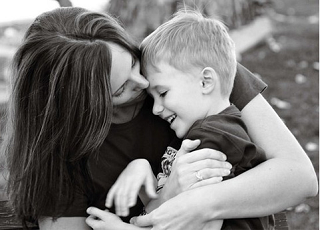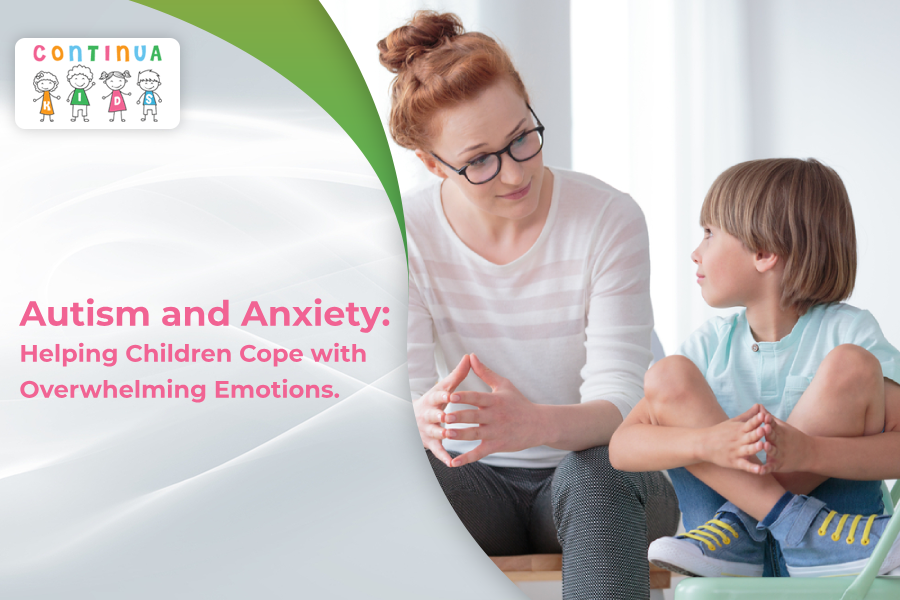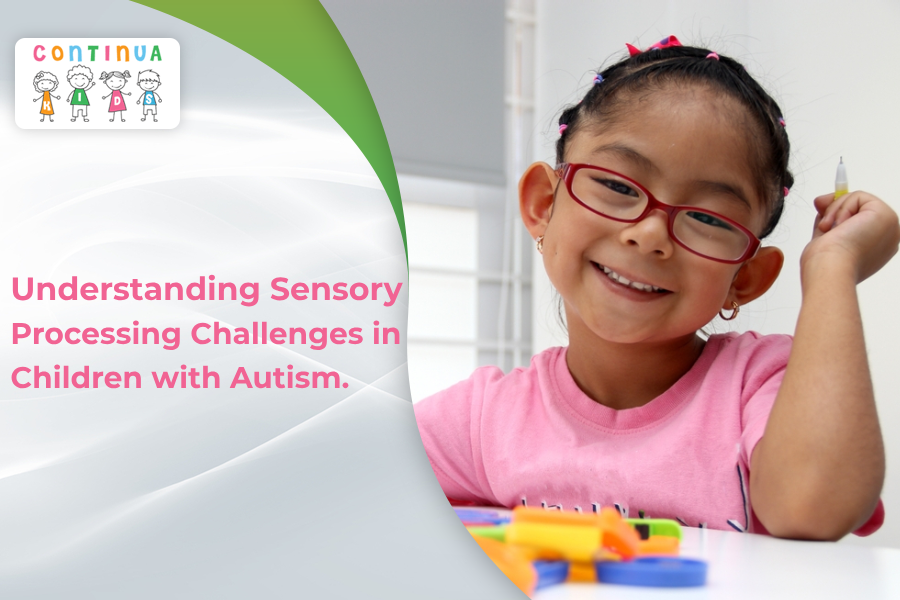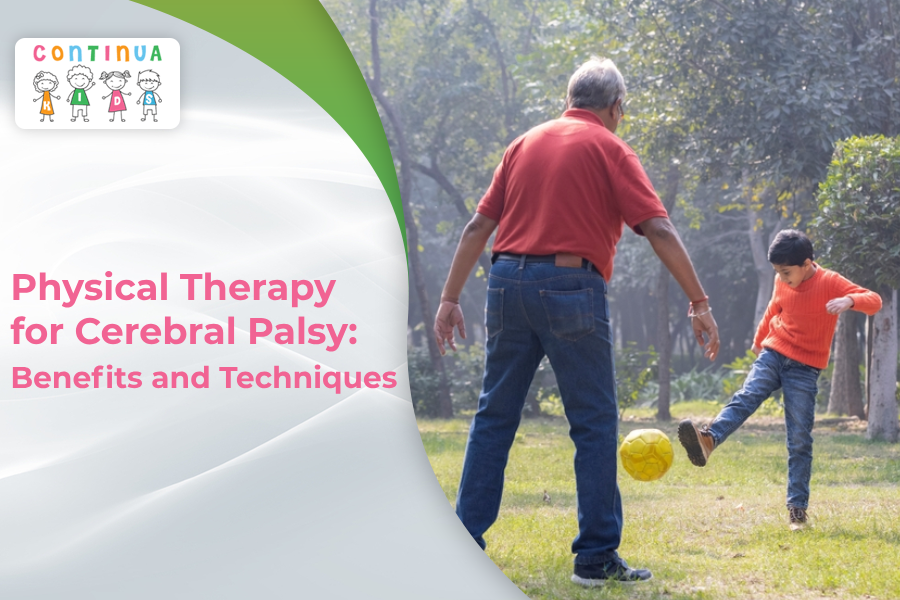Autism spectrum disorder (ASD) is a developmental behavioural disability that causes significant social, communication and behavioural challenges. These children communicate, interact, behave, and learn in ways that are different from most other people. The child may have normal intelligence quotient and still have autism. It is characterised by impairment of social interaction, defects in language development and communication skills, stereotype, repetitive, restrictive patterns of behaviours, interest and activities which limits and impairs daily functioning.
Structurally there is no malformation of the brain or neurons. The number is rising at an alarming high rate with still undefined reasons.
What is the cause for Autism?
Scientists don’t know the exact cause of autism spectrum disorder (ASD), but research suggests that both genes and environment play important roles.
Environmental factors:
‘Environment’ refers to anything outside of the body that can affect health. This includes the air we breathe, the water we drink and bathe in, the food we eat, the medicines we take, and many other things that our bodies may come in contact with. Environment also includes our surroundings in the womb, when our mother’s health directly affects our growth and earliest development. Researchers are studying many environmental factors such as family medical conditions, parental age and other demographic factors, expo¬sure to toxins, and complications during birth or pregnancy.
The cause appears to be multifactorial as no study is conclusive of a single cause.
Genetic factors:
In identical twins who share the exact same genetic code, if one has ASD, the other twin also has ASD in nearly 9 out of 10 cases. If one sibling has ASD, the other siblings have 35 times the normal risk of also developing the disorder. Researchers are starting to identify par¬ticular genes that may increase the risk for ASD.
Most people who develop ASD have no reported family history of autism, suggesting that random, rare, and possibly many gene muta¬tions are likely to affect a person’s risk.
What are the early signs?
Autism should be suspected if there is absence of:
• Babbling by 12 months
• Gesturing (e.g., pointing, waving bye-bye) by 12 months
• Single words by 16 months
• Two-word spontaneous (not just repletion of words) phrases by 24 months
• Loss of any language or social skills at any age
When should we suspect Autism?
The following actions, if ‘not done’ by the child can raise suspicion of Autism.
• Not pointing at objects to show interest (for example, not pointing at an airplane flying over)
• Not looking at objects when another person points at them
• Have trouble relating to others or not have an interest in other people at all
• Avoiding eye contact and wanting to be alone
• Having trouble understanding other people’s feelings or talking about their own feelings
• Appearing to be unaware when people talk to them, but responding to other sounds
• Being very interested in people, but not knowing how to talk, play, or relate to them
• Repeating or echo words or phrases said to them, or repeat words or phrases in place of normal language
• Having trouble expressing their needs using typical words or motions
• Not playing ‘pretend’ games (for example, not pretending to ‘feed’ a doll)
• Repeating actions over and over again
• Have trouble adapting when a routine changes
• Having unusual reactions to the way things smell, taste, look, feel, or sound
What are the different kinds of experts who the parents should meet?
The child should meet paediatric neurologist for exclusion of secondary causes leading to autism such as tuberous sclerosis, exclusion of seizures etc.
The next visit should be to development paediatrician or child psychologist for the confirmation of the diagnosis. They apply certain questionnaire based tests which help in the diagnosis of the disease. After the diagnosis is confirmed, the child requires therapies from occupational therapist, speech therapist, applied behaviour analyst and therapist.
What are some do’s and don’ts that parents of autistic kids must take care of?
• Autism is generally associated with hyperactivity so these children should not be given high sugar based foods as they increase the hyperactivity.
• They require a lot of physical exercises to control their hyperactivity
• Alternative therapies like Yoga, Music therapy, swimming by a person trained especially for special children have scientifically shown difference in the child’s behaviour.
• The results of GFCF diet is controversial and not promising so better be avoided.
• There is no role of stem cell therapy as a treatment option so should not be considered.





Fantastic read! 🌟 Your thoughts on [topic] have really broadened my perspective in ways I hadn’t anticipated. I’ve been following discussions on this subject for a while, but your perspective is distinctly insightful. The way you’ve combined data with engaging narratives is utterly impressive. 🧠💫 Your narrative abilities are exceptional, and the examples you gave were both informative and engaging. It’s rare to find a piece that not only informs but also entertains, and you’ve hit the nail on the head! I’m particularly interested by your point about Idea. It’s given me much to think about and has sparked a curiosity I’m keen to explore further. Keep up the fantastic work! I can’t wait to see what topic you dive into next. Your blog is a treasure trove of insights. 🚀📚